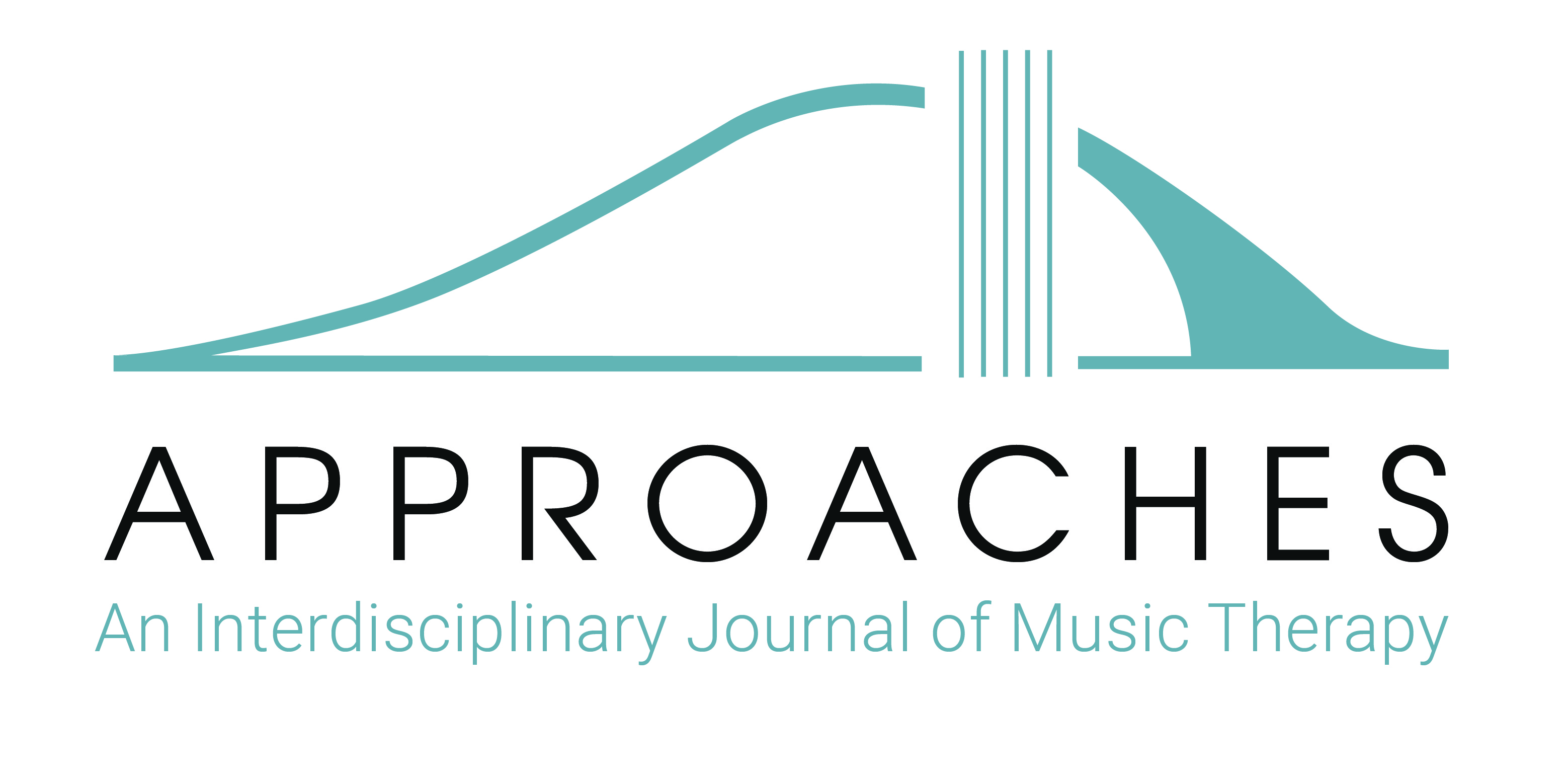Volume 10 (1) 2018 – Article (first published on 16 September 2016)
An experiential description of the tango in interwar Greece (1922-1940) through the life narratives of elderly people in care homes
Aggeliki Koufou
Abstract
The revolutionary rhythm of tango – as well as the simplicity of its dancing steps – contributed to the expansion of its popularity in Greece during the interwar period (1922-1940). The purpose of this paper is to explore the socio-cultural reasons for which tango became a popular dance in Greece during that era. More particularly, the research study had two aims: to present through an experiential description of the practice of tango during the interwar period, as well as to explore the emotional experience of nostalgia, triggered by popular Greek tango-songs from the interwar period. Although the Greek tango has not been prominent in Greece as a form of music or dance expression since the 1960s, I carried out a two-year ethnographic research in two homes for the elderly in and outside Athens. By adopting an interactive musical approach followed by discussions with the home residents, I was able to gain information regarding their cultural and social relationship to tango. A total of 30 narratives were collected from the residents. Historical and literary texts (e.g. press articles of that era and music magazines featuring commentaries on the music and dance trends of that age) were used as secondary narrative voices.
Keywords
tango, Greece, interwar period, care homes, music-evoked memories, nostalgia
Biography
Aggeliki Koufou studied music at the Department of Music Studies in Corfu with further accordion studies at the Richard-Strauss Conservatory in Munich. In 2011, she obtained her doctorate from the Department of Music Studies, University of Athens. Her PhD research centred on “The culture of tango in Greece during the interwar period (1922-1940): A musicological and anthropological approach”. Aggeliki is presently based in London where she provides music sessions to vulnerable people with Alzheimer’s, helping to promote socialisation and stimulation of essential memory centres.
Email: akoufou@yahoo.com
